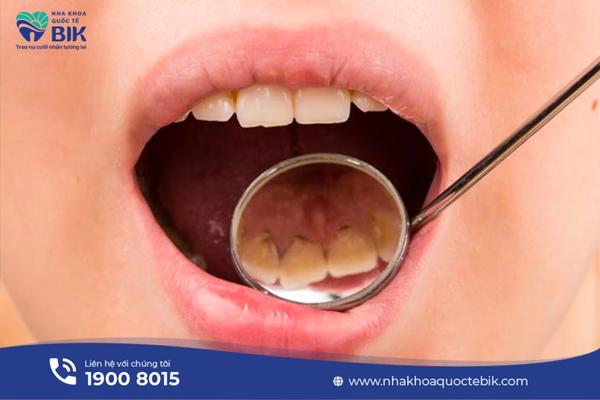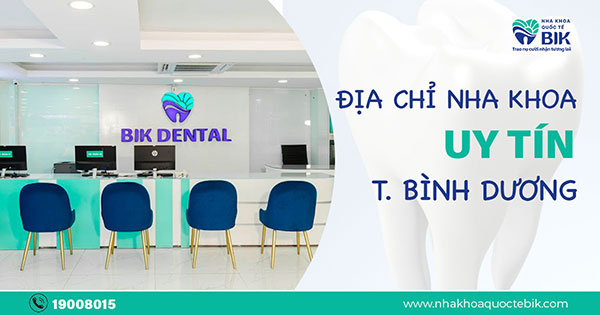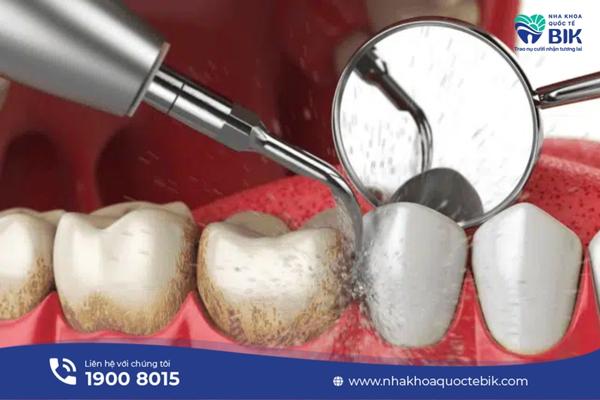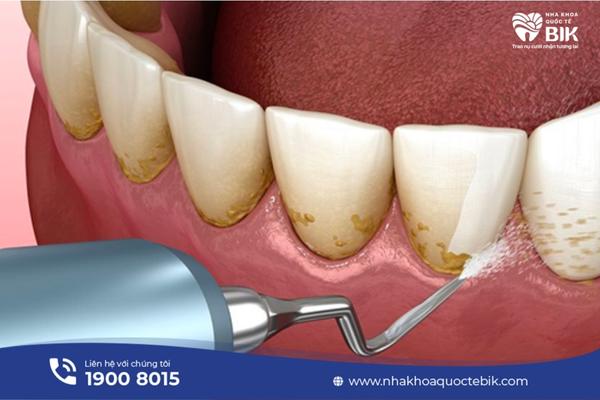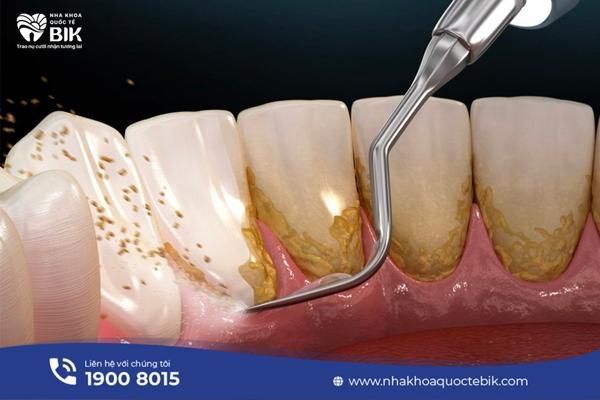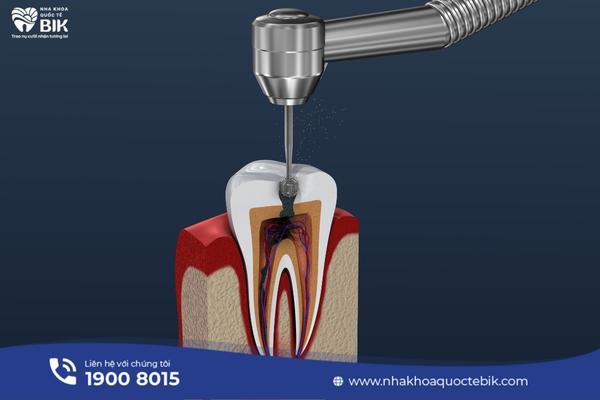Pulmonary inflammation is a fairly common oral disease, but few people know about this disease. Most patients come to the dentist for treatment when the condition is already severe. Let’s learn about pulmonary inflammation and its dangerous complications with BIK International Dental Clinic.

1. OVERVIEW OF DENTAL PULPITIS
What is dental pulp?
Dental pulp is a system of blood vessels and nerves located in the cavity between the dentin. The dental pulp is connected to the body through microscopic holes in the root of the tooth.
What is pulpitis?
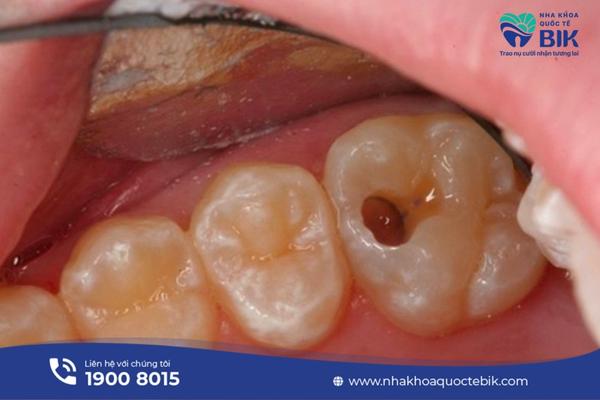
Pulpitis is a condition in which the pulp and tissues around the tooth root are damaged and infected. This condition occurs when bacteria in the mouth enter the pulp through cavities and the root of the tooth.
Pulpitis is a fairly common disease, but in the early stages, very few patients realize it because the disease develops very quietly and gently. But when the disease progresses more severely, it will be very unpredictable. Many patients when they come to the dentist for treatment are already in a state of pulp death.
2. CAUSES OF DENTAL PULPITIS
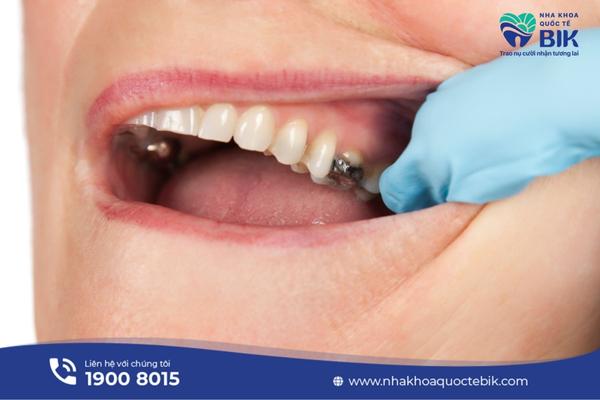
Dental pulpitis is often caused by many reasons, specifically the following:
Poor oral hygiene
The most common cause of dental pulpitis is often due to poor brushing habits, improper brushing, and brushing less than 2 times/day. This will cause bacteria to accumulate in the mouth and gradually penetrate the tooth pulp.
Using foods high in sugar and acid
Using foods high in sugar and acid such as beer, wine, lemons, cakes, etc. will be one of the causes of gingivitis. Because these foods are very harmful to tooth enamel, destroy tooth structure, creating conditions for bacteria to invade the tooth pulp.
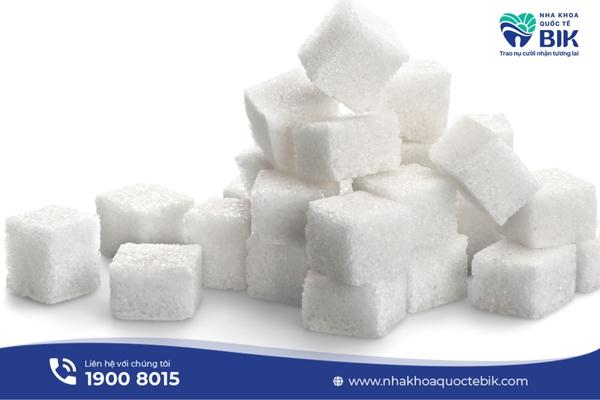
Broken teeth due to external force
When a tooth is broken passively, it will leave a hole, creating conditions for bacteria to easily invade the tooth pulp. So broken teeth are also the cause of pulpitis.
Due to the habit of grinding teeth while sleeping

Teeth grinding is a bad habit, this will make teeth weak and the tooth roots loose, making it easy for bacteria to penetrate. If this habit is combined with not brushing your teeth before going to bed, it can make the pulpitis worse.
3. SIGNS OF DENTAL PULPITIS
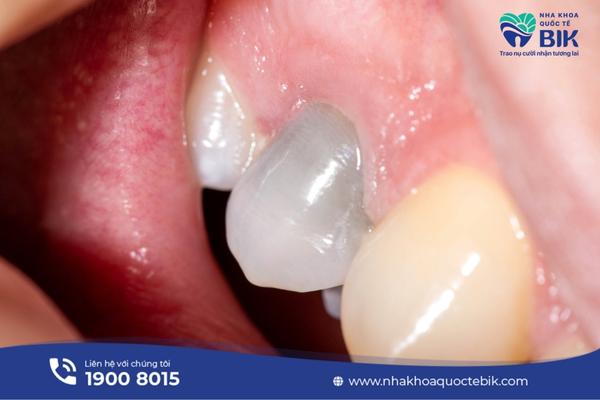
Signs of dental pulpitis are divided into 2 levels, each level will have different symptoms.
Signs of mild, reversible pulpitis
– This stage is very short and difficult to detect. Usually, patients often do not realize that they have pulpitis at this stage. If detected and treated at this stage, the pulp can be completely restored to its original state. – Signs of mild pulpitis are as follows:
– Dull toothache
– Teeth are sensitive to hot and cold foods
– Bad breath
– Feeling of teeth being pushed up
Signs of severe pulpitis that are difficult to recover
– This is the stage where the patient can recognize that they have pulpitis through obvious and prolonged symptoms:
– Pain and throbbing spreading to the head
– Pain is often worse when sleeping
– Hot, fever
– Swollen lymph nodes
– Strange smell in the mouth
– Pulpitis with pus
– Pain when talking or chewing food
4. IS DENTAL PULPITIS DANGEROUS?
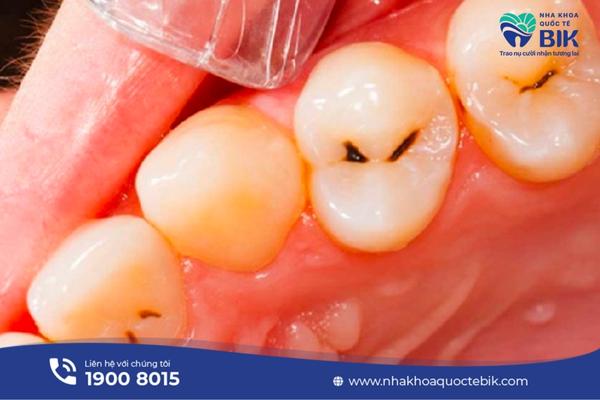
The sharp pain can last for hours, especially while sleeping. Causes tooth irritation when eating certain foods that are too hot or too cold.
Prolonged pain seriously affects health, the patient is always in a state of fatigue, throbbing pain, loss of appetite, insomnia leading to physical weakness.
If pulpitis is not detected in time and becomes necrotic, the decomposed substances of the pulp can escape through the apical sockets around the tooth, accumulate at the root of the tooth to form granulomas, cysts leading to pulpitis… If not treated promptly, it can lead to tooth loss.
5. TREATING DENTAL PULPITIS
As mentioned above, early stage pulpitis is difficult to detect, so you should regularly check at dental clinics to detect early and completely treat the disease.
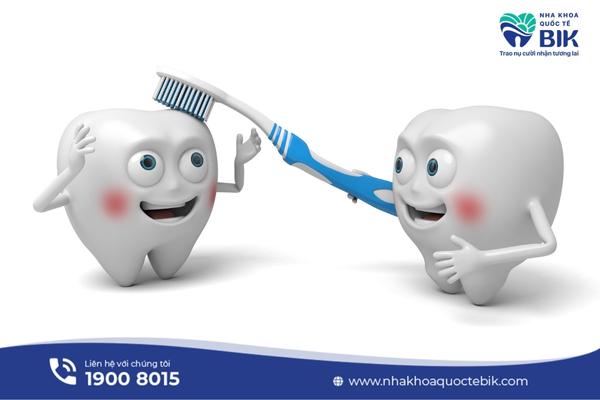
If pulpitis is severe and difficult to treat, there is a risk of tooth loss. At this time, you should choose a reputable dental address for treatment to avoid bad situations.
One of the dental addresses you can refer to is BIK International Dental Clinic with 3 branches in Ho Chi Minh City and Thu Dau Mot


